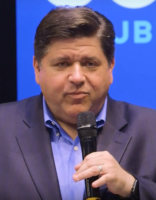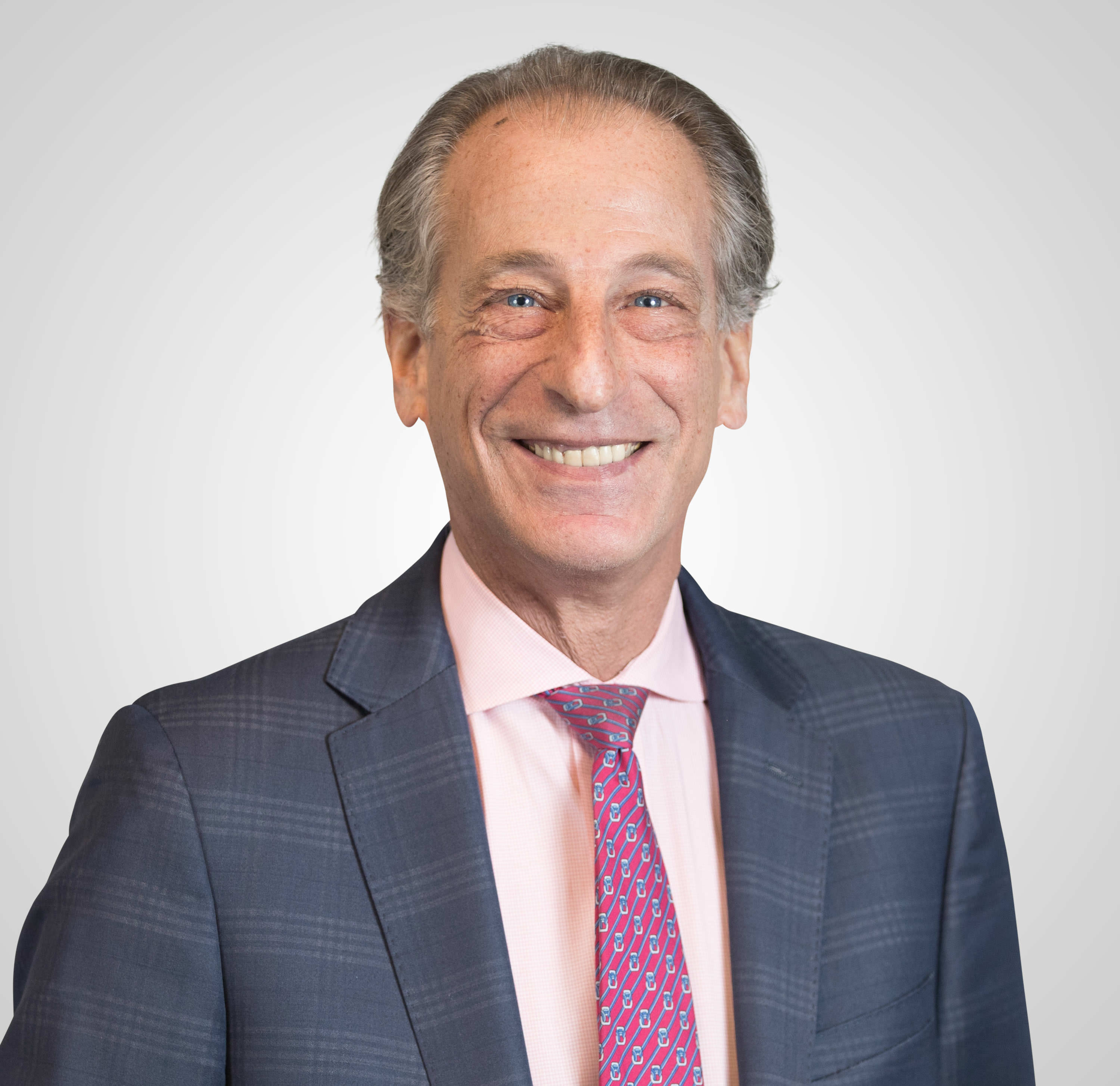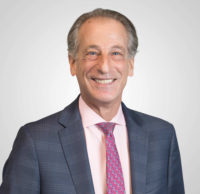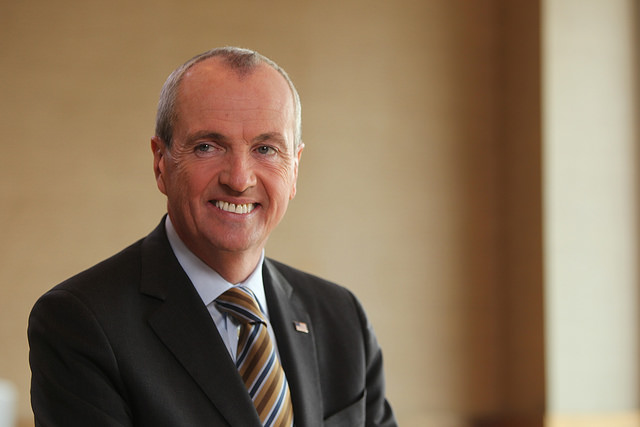Stand aside Canada! Events are moving in a strategically interesting way in Europe. And for once it is not news of the German bid.
In this case, implementation of the decision in Luxembourg would actually have two immediate effects.What, where, when? Luxembourg’s new center-left coalition of the Greens, Socialists and more traditional Democrats have put recreational cannabis on their ruling mandate and five-year agenda as of November 29, 2018.
In the comments of the same at the press conference held last week, the sentiments were pretty much of one tenor: “It’s way overdue.”
What does that mean, however, for the rest of the conversation across the continent?
Luxembourg: The First Recreational “State” Market In Europe?
While local advocates are quick to say that their ambition will make them the first EU country to completely legalize recreational cannabis, this is mostly true, but not entirely.
 As much as it is fashionable these days to diss Holland, the fact of the matter is that the Dutch pioneered just about everything about the modern movement except clear cut regulation. Coffeeshop envy being what it is, however, it is true that the historical marker of the Dutch market was grey areas. That, however, has been in shifting territory for the last four to five years however. Hard as it is to believe that in just 2014 the Cannabis Cup held its last expo in Amsterdam. How the world has changed since then!
As much as it is fashionable these days to diss Holland, the fact of the matter is that the Dutch pioneered just about everything about the modern movement except clear cut regulation. Coffeeshop envy being what it is, however, it is true that the historical marker of the Dutch market was grey areas. That, however, has been in shifting territory for the last four to five years however. Hard as it is to believe that in just 2014 the Cannabis Cup held its last expo in Amsterdam. How the world has changed since then!
There is also this fact: Switzerland (true not an EU country but just next door geographically), is also poised to use this excuse to make its next move to fully leaded THC. The country has seen a sharp uptick in the consumer, OTC CBD market over the last two years. So much so that foreign (read American and Canadian in particular) enterprises are now looking to Switzerland as one of the more interesting “semi-EU” entry strategies at present. Taxes on a highly profitable industry are also in the public discussion. Adding a bit of THC to the mix, in other words, is likely to come fast in other places too.
Will This Move The Needle In Other Places?
The answer to that question is also, undeniably, yes. How fast that will happen in individual countries across Europe is another discussion. See France, which is now the largest member of the EU to have so far successfully ducked the cannabis question except for some basic decrim ideas that the now embattled French President Emmanuel Macron might, finally, put some enthusiasm into backing.
This could also certainly galvanize the UK. One way or the other, to stay or leave the EU itself. Full recreational won’t be in the cards, however, for quite some time.
Sound incredible? See Brexit so far.it will create the first deliberately regulated recreational market in Europe.
Many other EU countries have also been chafing at the slow pace of reform. Even after basic medical use has occurred. See German advocates who long to follow both the U.S. and Canada, and at present are for the most part shut out of the medical cultivation process. They are simply being outbid by the large Canadians.
But how fast such reforms will come even in Luxembourg, not to mention have a knock on effect elsewhere, no matter how momentous, is still an undecided question.
What Is The Biggest Immediate Impact Going To Be?
As is usually the case in Europe, things are rarely as straightforward as one country deciding to do (or not do) something. In this case, implementation of the decision in Luxembourg would actually have two immediate effects.
One, it will create the first deliberately regulated recreational market in Europe. How fast that could actually roll out is up for debate, considering that the country only legalized medical use as of this summer. As Colorado, California and certainly Canada have proven in spades so far, recreational reform always need some kind of medical base to start with. And implementation of both kinds of markets always seems, at least so far, to carry litigation. Especially in young, untested markets. See the German bid, most recently, just across the border.
However here is the second, and far more intriguing reality that really may be key to the entire enchilada. The legality of cannabis in Luxembourg also has everything to do with the German public cannabis market. Namely, the German stock exchange will only allow Germans to clear stock purchases of publicly listed cannabis companies on the Deutsche Börse if they are in line with not only German cannabis law but also that in Luxembourg, where they actually clear. That was a big issue this summer, only rectified when Luxembourg first changed its medical law.
It also meant, as of this fall, that Aurora went public in New York, not Frankfurt.
In the future, however, after Luxembourg goes full recreational Monty, this will no longer be the case. This will already be tested next spring as another company hopes to go public here. And when that happens, although certainly not for the next several years, the entire discussion of recreational reform will fully and finally be in the European room.










 As much as it is fashionable these days to diss Holland, the fact of the matter is that the Dutch pioneered just about everything about the modern movement except clear cut regulation. Coffeeshop envy being what it is, however, it is true that the historical marker of the Dutch market was grey areas. That, however, has been in shifting territory for the last four to five years however. Hard as it is to believe that in just 2014 the
As much as it is fashionable these days to diss Holland, the fact of the matter is that the Dutch pioneered just about everything about the modern movement except clear cut regulation. Coffeeshop envy being what it is, however, it is true that the historical marker of the Dutch market was grey areas. That, however, has been in shifting territory for the last four to five years however. Hard as it is to believe that in just 2014 the 
























